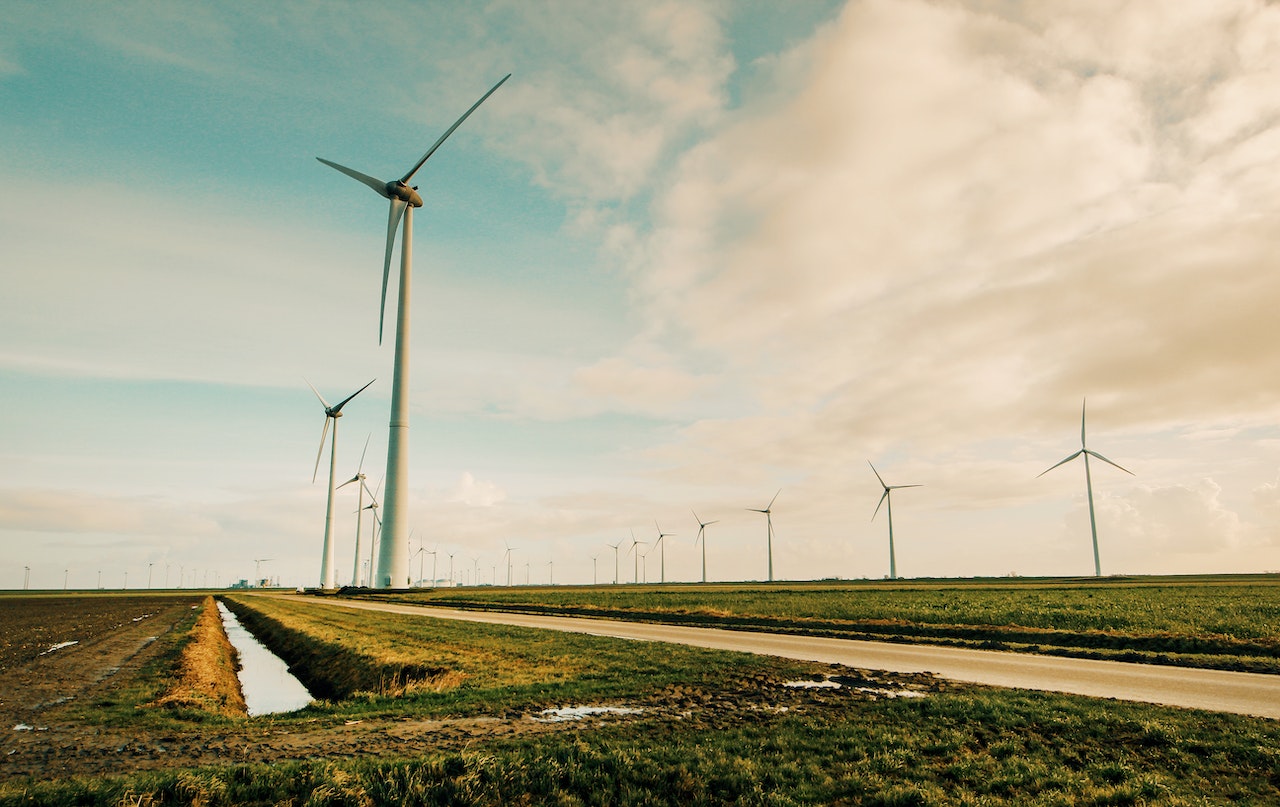Crowdfunding
Crowdfunding and Crowdlending in Renewable Energy: Democratizing the Energy Transition
Crowdfunding and crowdlending have democratized the financing of renewable energy projects, allowing citizen participation and accelerating the transition to sustainable energy sources. Investments in clean energy reached $1.3 trillion in 2022, with crowdfunding platforms like Flobers and Crowmie facilitating broader citizen investment in solar, wind, and other renewable projects.

The transition to a more sustainable energy future has been driven by the exponential growth of renewable energy in recent years. In this context, crowdfunding and crowdlending have emerged as disruptive financial tools, democratizing the funding of clean energy projects. In this forum, we will explore how these collective financing modalities are changing the global energy landscape and increasing their relevance in accelerating the adoption of renewable energy.
For more news like this, download our free crowdlending news app.
A Financial Revolution for Renewable Energy
Growing awareness of the urgency to combat climate change has led to an unprecedented transformation in the energy sector. According to data from the International Renewable Energy Agency (IRENA), investments in clean energy reached a record $1.3 trillion in 2022, representing a 19% increase in investment levels from the previous year. Crowdfunding and crowdlending have emerged as essential catalysts for this transition, democratizing access to financing for alternative energy projects.
Crowdfunding and Crowdlending Boosts Citizen Participation in the Energy Transition
Crowdfunding in renewable energy allows citizens to become investors and directly fund sustainable projects (becoming shareholders) while receiving a good return on their savings. Through online platforms like Flobers or Crowmie, anyone can contribute even small sums simply and transparently, which facilitates raising capital for solar, wind, hydroelectric, and other clean energy initiatives. This citizen participation not only generates a sense of commitment to sustainability but also democratizes investment in a sector that was previously reserved for major players.
Crowdlending, on the other hand, involves granting loans by investors to specific projects. The way the user invests is entirely transparent. The investor has access to all the project information, profitability, terms, and project monitoring. It usually works with a regulated payment entity that manages the investor’s funds for their greater protection.
These micro-financing formulas offer significant benefits. For investors, these modes allow diversifying their portfolios, reducing risks, and supporting projects aligned with their personal values. On the other hand, renewable energy promoters, especially small and medium-sized ones, benefit from broader and easier access to financing, which speeds up their development and removes administrative barriers in the sector.
Challenges and Future
The democratization of financing in renewable energies has played a crucial role in advancing the energy transition. According to the UN Sustainable Finance Report, citizen participation in these financing models has generated an increase in the demand for clean energy and has driven governments and businesses to adopt more ambitious sustainability measures. Also, by fostering greater awareness of the importance of renewable energy, these practices have strengthened global commitment to the SDGs (Sustainable Development Goals).
Although crowdlending and crowdfunding financing modalities have proven to be a positive revolution, they also face challenges. The regulation and security of participatory financing platforms (PFP) must continue to be a priority to protect investors and ensure the system’s integrity. Continual innovation and improvement are also crucial, as is promoting financial and environmental education to empower citizens, strengthen the transition to green energy, and remain relevant tools in the financial and energy landscape.
Summary: Crowdfunding and Crowdlending for Renewable Energy
We might conclude that both crowdfunding and crowdlending in renewables have changed the project financing paradigm. By allowing individual investors to participate in the energy transition, access to sustainable investment has been democratized, and the expansion of alternative energy sources has been accelerated. These collaborative financial mechanisms have opened a new horizon for the transition to a more sustainable and environmentally responsible future. As these practices continue to evolve, we will keep witnessing how the power of the community and technology come together to build a cleaner world, more aware of the importance of renewables.
__
(Featured image by Tom Swinnen via Pexels)
DISCLAIMER: This article was written by a third party contributor and does not reflect the opinion of Born2Invest, its management, staff or its associates. Please review our disclaimer for more information.
This article may include forward-looking statements. These forward-looking statements generally are identified by the words “believe,” “project,” “estimate,” “become,” “plan,” “will,” and similar expressions. These forward-looking statements involve known and unknown risks as well as uncertainties, including those discussed in the following cautionary statements and elsewhere in this article and on this site. Although the Company may believe that its expectations are based on reasonable assumptions, the actual results that the Company may achieve may differ materially from any forward-looking statements, which reflect the opinions of the management of the Company only as of the date hereof. Additionally, please make sure to read these important disclosures.
First published in Diario Responsable. A third-party contributor translated and adapted the article from the original. In case of discrepancy, the original will prevail.
Although we made reasonable efforts to provide accurate translations, some parts may be incorrect. Born2Invest assumes no responsibility for errors, omissions or ambiguities in the translations provided on this website. Any person or entity relying on translated content does so at their own risk. Born2Invest is not responsible for losses caused by such reliance on the accuracy or reliability of translated information. If you wish to report an error or inaccuracy in the translation, we encourage you to contact us.

-

 Biotech1 week ago
Biotech1 week agoVolatile Outlook for Enlivex Therapeutics as Investors Await Clinical Catalysts
-

 Impact Investing2 weeks ago
Impact Investing2 weeks agoInter IKEA Launches Electric Truck Fleet to Decarbonize Heavy-Duty Logistics in Italy
-

 Markets3 days ago
Markets3 days agoWeather-Driven Supply Outlook Lifts Coffee Markets in Brazil and Vietnam
-

 Markets1 week ago
Markets1 week agoCotton Market Weakens Amid Demand Concerns and Bearish Trends

























